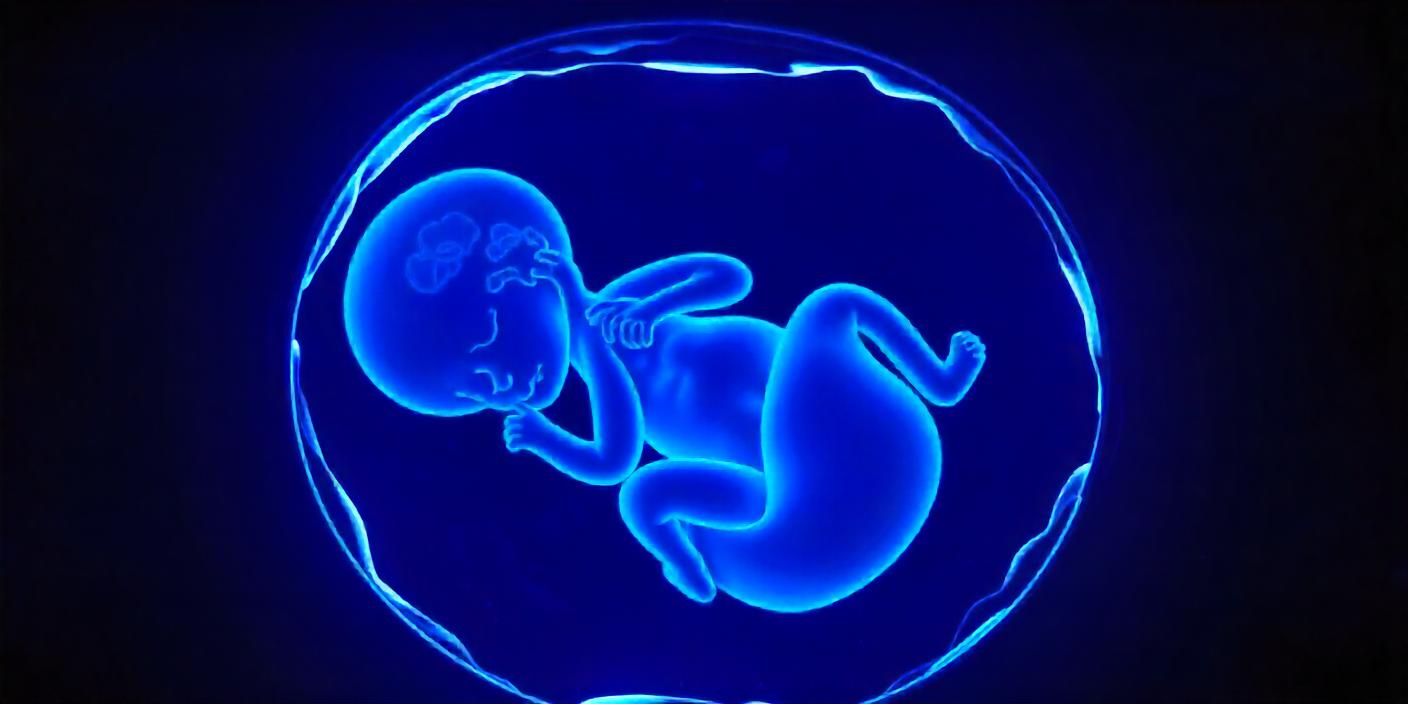
Pregnancy is an exciting journey, but it can also bring about a lot of questions and concerns. Among the many tests that expectant mothers undergo, the NT scan is one of the most important, especially when it comes to the early detection of Down Syndrome. If you’ve heard of it but aren’t entirely sure what it involves or how it can help, don’t worry—I’ll break it down in simple terms.
What is an NT Scan?
An NT scan, or nuchal translucency scan, is a non-invasive test done during the first trimester of pregnancy, typically between the 11th and 14th week. It’s a simple ultrasound that measures the thickness of the nuchal fold, which is the area at the back of your baby’s neck. A thicker fold can be a sign of a chromosomal issue, like Down Syndrome.
This scan is part of a screening process, which means it doesn’t diagnose conditions like Down Syndrome directly but helps assess whether further testing is needed. Think of it as a first step to gather more information and decide what to do next.
Early Detection of Down Syndrome
Down Syndrome is a condition caused by an extra chromosome, and it can result in developmental and intellectual challenges. While the NT scan can’t confirm Down Syndrome, it’s a useful tool in identifying whether your baby might be at higher risk. If the scan shows an increased nuchal translucency measurement, your doctor might suggest additional testing, such as amniocentesis, which can confirm the diagnosis.
Let me share a real-life example to show how the NT scan can impact a family. A friend of mine, Priya, was expecting her second child when she decided to get an NT scan as part of her routine checkup. The scan showed a slightly increased nuchal fold, which raised some concerns. Although Priya was initially worried, her doctor reassured her that it didn’t necessarily mean something was wrong. After additional testing, they found that her baby did not have Down Syndrome, which provided them with much-needed relief.
But for another friend, Meera, the NT scan revealed an increased nuchal translucency. She and her husband decided to undergo further tests, which confirmed that their baby would be born with Down Syndrome. While the news was initially overwhelming, Meera said it gave them time to prepare emotionally and practically. They began researching resources, support groups, and medical care options to make sure their child would receive the best possible care.
The NT Scan Price and Why It’s Worth It
Now, you might be wondering: How much does the NT scan cost? The NT scan price varies depending on where you live and which clinic you go to. On average, it can range from INR 2,500 to INR 8,000 in India. While this may seem like a lot, many doctors believe that the benefits far outweigh the costs.
For example, early detection of Down Syndrome or other chromosomal conditions allows you to start planning for the future. Whether it’s seeking advice from medical professionals, connecting with support groups, or preparing for any special care your baby might need, the knowledge you gain from this test is invaluable.
Practical Advice
If you’re considering an NT scan, here are a few things to keep in mind:
-
Timing is key: The NT scan is most accurate when performed between 11 and 14 weeks. Be sure to schedule your appointment during this window.
-
Follow-up tests: If the NT scan shows an increased risk, your doctor might recommend further testing. Don’t be afraid to ask questions and understand what the next steps are.
-
Cost concerns: While the NT scan price may vary, check with local clinics for package deals that might include the scan and blood tests, which can be more affordable.
Conclusion
The NT scan plays a crucial role in early detection, especially when it comes to Down Syndrome. While the NT scan price might be a concern for some, it’s a small price to pay for the peace of mind it offers. It gives you the opportunity to make informed decisions and prepare for the future, whether the results are reassuring or lead to further testing. Above all, it’s an important part of prenatal care, providing early insight into your baby’s health and well-being.